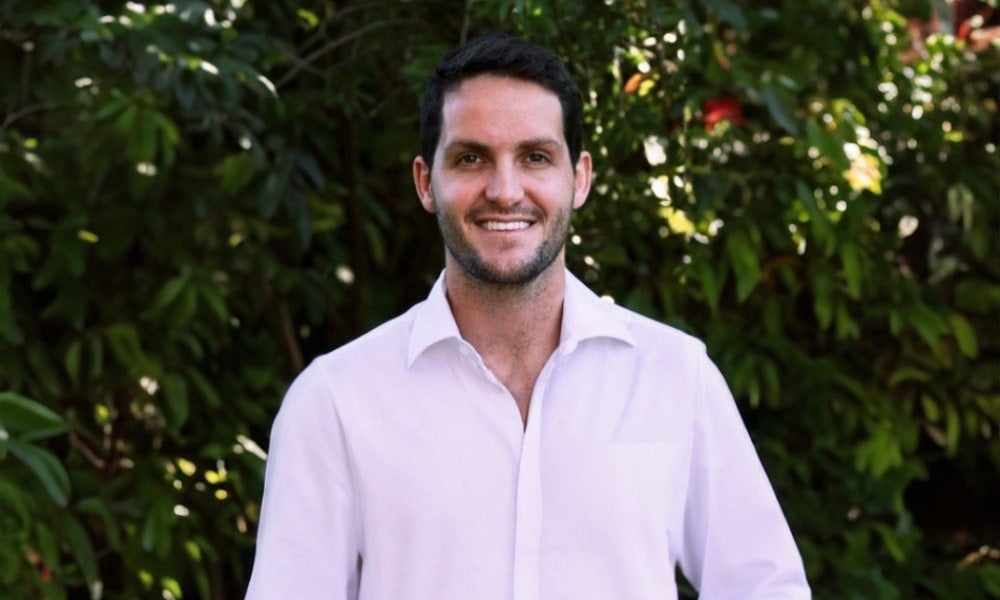Social enterprise ticketing: building trust and attracting investors
Humanitix's journey to success as a social enterprise in the competitive ticketing industry is built on trust and attracting the right kind of investors
Walking the talk has never been more critical to your marketing strategy, according to co-founder of online ticketing platform Humanitix, Adam McCurdie, who says transparency and authenticity are the only ways to unlock the hearts – and wallets – of increasingly savvy consumers.
It’s a matter of looking at your business model, identifying the opportunities for authentic, emotive marketing – like optimism at Humanitix – and reporting on it, rather than selling it, Mr McCurdie says.
“We sell optimism to the event host, which is: wouldn't it be amazing that 100 per cent of all the profits from these booking fees go to the world's best children's charities. Here's what we've done to date. And here's why that would be an amazing fit for your event and for your community.”
But even when you are genuinely doing good for the world, that doesn’t mean consumers and clients will automatically give you the benefit of the doubt. Mr McCurdie says that with terms like “greenwashing” becoming commonplace, you really have to earn your customer’s trust saying that their business model was viewed “initially with a lot of skepticism.”

“But after we broke through that, it's now being widely adopted by literally tens of thousands of event hosts all around the world, who are sick of the old way of doing ticketing and were very willing to switch their ticketing provider for their live event."
It wasn't just customer scepticism that Humanitix had to contend with in the early days either, as their unique business model baffled investors initially.
“We were unsuccessful for many months in raising money. The main reason was because venture capital, being the primary source of funding for most startups was not available to us because there's no equity in Humanitix.”
But eventually, the core good of Humanitix is what attracted funders when Mr McCurdie turned away from the world of VCs and sought out philanthropists instead with their unique value proposition.
“The point of Humanitix is that we're able to ask philanthropists for an initial sum of money to build a team to build a great product. And then scale the business to both fund itself and to produce excess profit that is given away to the most impactful charities, which will far exceed the amount of money that we're asking for them to fund us right now.”
Subscribe to BusinessThink for the latest research, analysis and insights from UNSW Business School
The ability to scale a software company like Humanitix is what sparked the business idea when Mr McCurdie and his co-founder were assessing the social enterprise landscape and trying to understand where the gaps were.
“One aspect of social enterprise that was really inspiring to me and [co-founder] Josh, was that you're seeing social enterprise cafes pop up, you're seeing like fast moving consumer goods run a social enterprise. That's great. But all the money's being made in software and technology. These are the biggest, most powerful, most influential companies on the planet. And where are the social enterprises in that space?”
The Business Of host, Dr Juliet Bourke – a Professor of Practice at UNSW Business School - added: "No matter what you’re looking to buy these days, you can usually find some kind of ethical or feel-good marketing angle for a product that promises it’s better for the world than the rest. I confess that I was a sceptic about Humanitix, and can see how hard it must be for those companies which really are building ethical business models, to break through with their messaging.”
